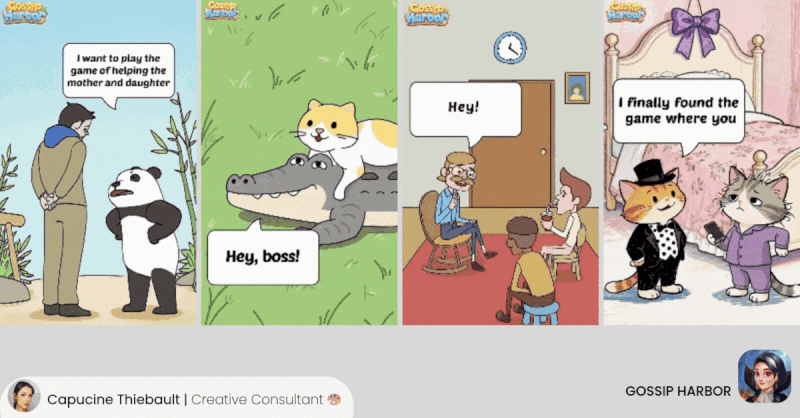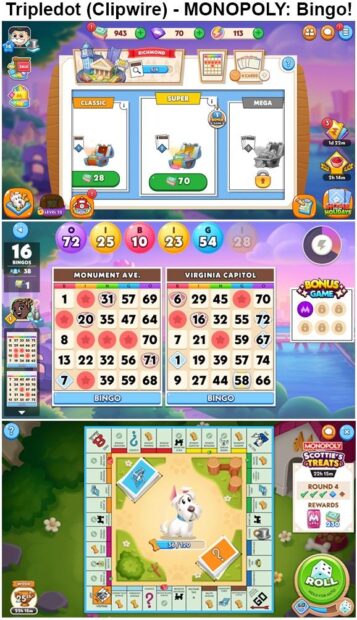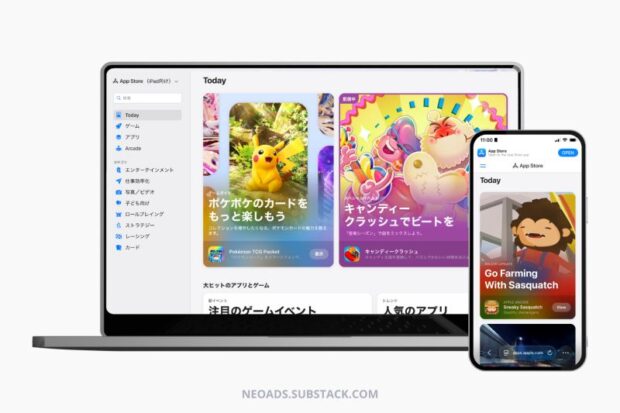
MicroFun is playing the meta-game!
Journal 15 Capucine Thiebault October 22

MicroFun is playing the meta-game.
And it works a little too well.
Gossip Harbor’s ads became more memorable than the game itself.
The freezing woman in the snow, loved, mocked, remixed, turned into their accidental trademark.
So they did the smartest thing possible: they made ads about the ads.
The hooks contrast sharply with their ultra-polished core ads.
The tone is ironic, undercutting the drama they built their brand on.
Characters talk like players do online, referencing the viral clichés that made them famous in the first place.
That shift does three things:
📌 Builds trust. It tells the audience, “We’re in on the joke too.” Irony lowers resistance.
🪄 Creates intrigue. The awkward, off-beat art breaks the scroll better than polish ever could.
🔗 Triggers recognition. “You know that weird ad everyone’s seen?” It speaks in the audience’s own language.
MicroFun hacked trust perception.
By parodying themselves, they disarmed skepticism.
When audiences stop believing your ads, make them believe you know they don’t.
Creatives – AppMagic







